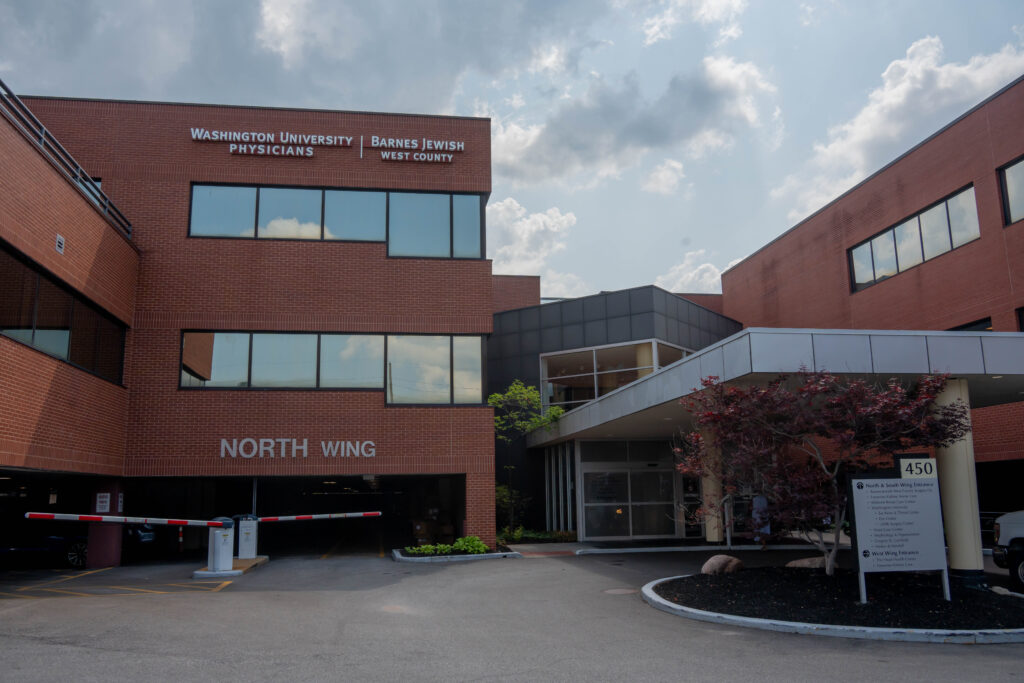Washington University LASIK Surgery Center opened in the Summer of 2022 in Creve Coeur, Missouri. Our LASIK Center’s Medical Director, Stephen Wexler, MD, is one of the most experienced LASIK surgeons in the Midwest. Dr. Wexler and the Clinical Director, Eric Polk, OD, FAAO, have worked together for 20 years providing the St. Louis metro area with vision correction surgery.
Safety, positive outcomes, and improving our patients’ quality of life are our top priorities. Our patients are screened using Epithelial mapping to help us decide who is a good candidate for LASIK and who is not.

So what if you are not a candidate for LASIK surgery?
Washington University LASIK Surgery Center‘s Clinical Director and Optometrist, Dr. Polk, gives his recommendations if you are turned down for LASIK.
A patient may not be a good candidate for LASIK if they have thin corneas, an irregular shaped cornea, corneal scarring, or other unusual findings. In those cases, your eye doctor may recommend photorefractive keratectomy (PRK) surgery.
PRK surgery uses the same laser to reshape the cornea and is just as effective to correct refractive errors. During PRK surgery, the front epithelial tissue layer is removed, and a laser reshapes the cornea. A bandage contact lens (CL) is applied temporarily as the corneal epithelial tissue grows back in the next 5 days. The bandage CL is removed after 5 days. The patient will most likely have to take time off from work during the healing process.
There are some cases when patients are not candidates for LASIK or PRK. One option to correct high refractive errors is having a lens implant procedure. These procedures correct myopia and astigmatism by inserting a lens behind the iris. These procedures are performed in an outpatient surgery center and are more expensive then LASIK and PRK.
A thorough eye exam will reveal which procedure is best for you.
